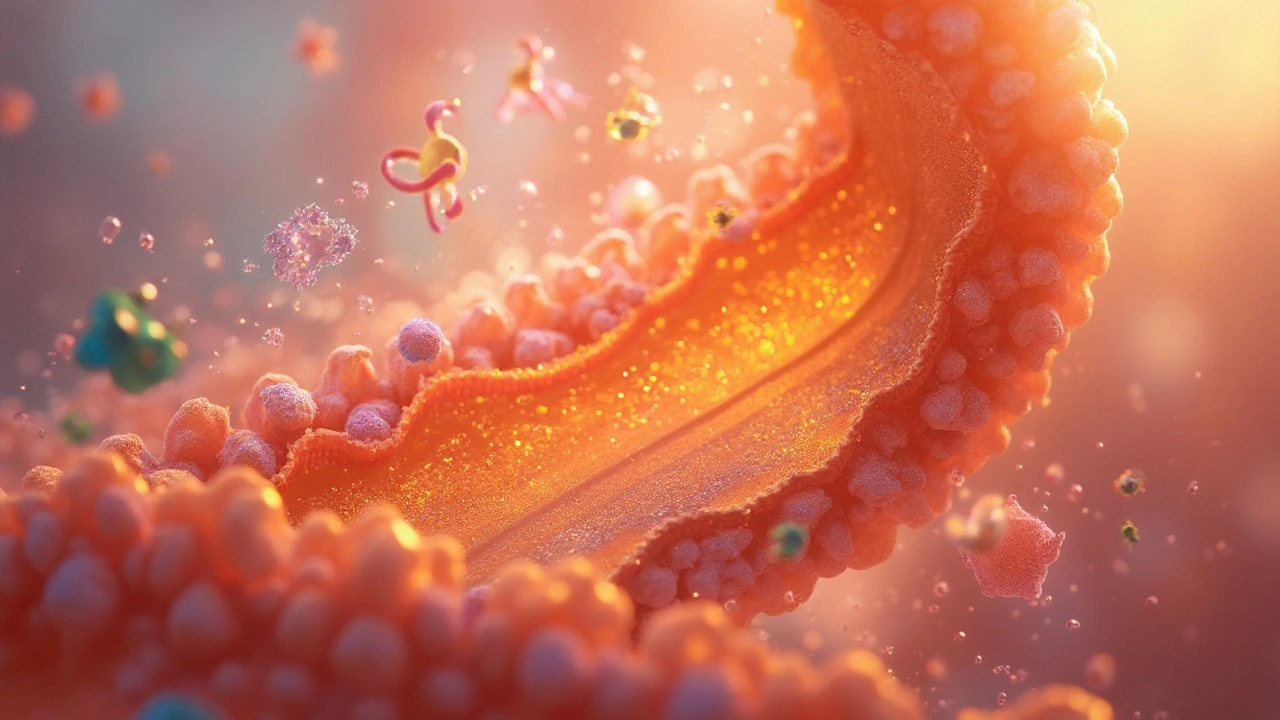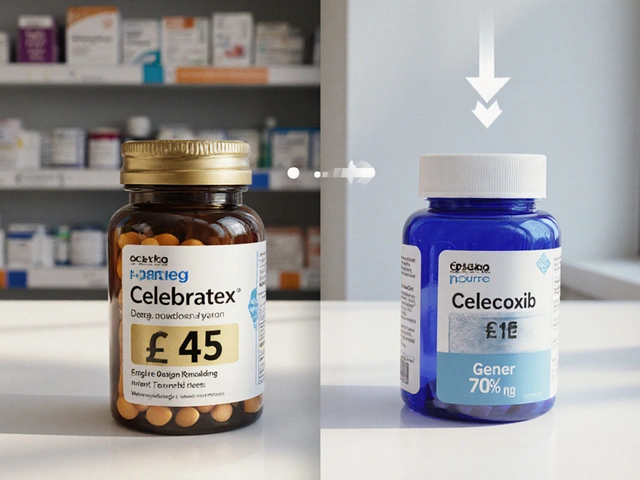Digestion Support – Simple Steps to Keep Your Gut Happy
Feeling bloated, gassy, or sluggish after meals? You’re not alone. A lot of us struggle with digestion, but fixing it doesn’t need a big overhaul. Small changes in what you eat, how you eat, and a few smart supplements can make a huge difference.
Everyday habits for smoother digestion
First, slow down. Eating too fast makes it hard for your stomach to break down food. Try putting your fork down between bites and chew each mouthful at least 15 times. Chewing releases enzymes that start the digestion process early.
Second, stay hydrated. Water helps dissolve nutrients and moves food through the intestines. Aim for eight glasses a day, and sip a glass of warm water with lemon before breakfast to kick‑start stomach acid.
Third, add fiber gradually. Soluble fiber (like oats, apples, and carrots) forms a gel that slows sugar absorption, while insoluble fiber (whole wheat, nuts, and seeds) adds bulk to keep things moving. Don’t overdo it; increase intake over a week to avoid extra gas.
Fourth, mind your posture. Sitting upright while you eat and right after the meal reduces pressure on the stomach. A short walk (10‑15 minutes) after eating helps the stomach empty faster and can lower the chance of heartburn.
When to consider supplements or medication
If diet tweaks don’t help, a supplement might be worth trying. Probiotic capsules with strains like Lactobacillus and Bifidobacterium can balance gut bacteria, especially after a course of antibiotics. Start with a low dose and watch for any stomach upset.
Digestive enzymes are another option. Look for a blend that includes amylase, protease, and lipase if you often feel heavy after carbs, proteins, or fats. Take them right before a meal for best results.
For occasional heartburn, an over‑the‑counter antacid such as calcium carbonate or a short‑term course of an H2‑blocker like famotidine can bring quick relief. Remember, these aren’t meant for long‑term use without a doctor’s advice.
When symptoms persist—persistent pain, unexplained weight loss, or frequent constipation—schedule a visit with your GP. They might suggest a prescription medication, a stool test, or a referral to a gastroenterologist.
Bottom line: good digestion starts with mindful eating, plenty of water, and a bit of fiber. If those basics don’t cut it, reputable probiotics, enzyme blends, or short‑term antacids can fill the gap. Keep track of what works for you, and don’t hesitate to ask a health professional when things feel stuck.
Boost Gut Health and Digestion with N‑Acetyl Glucosamine Supplements
Discover how N‑Acetyl Glucosamine supplements protect your gut lining, improve digestion and work alongside probiotics and prebiotics for lasting gut health.






